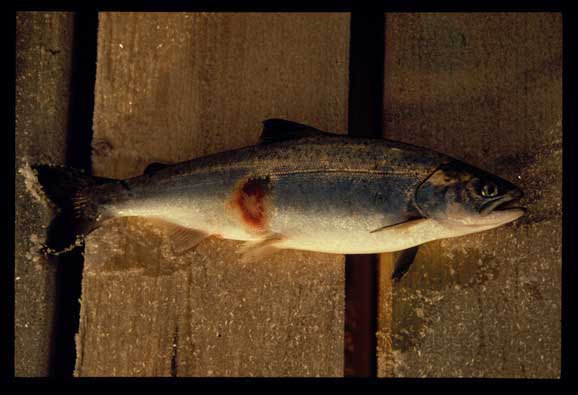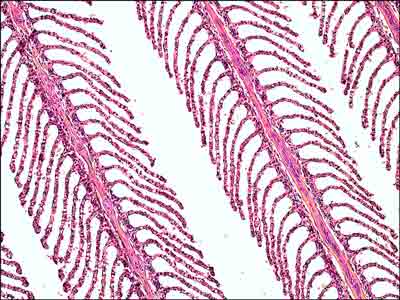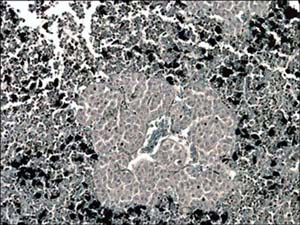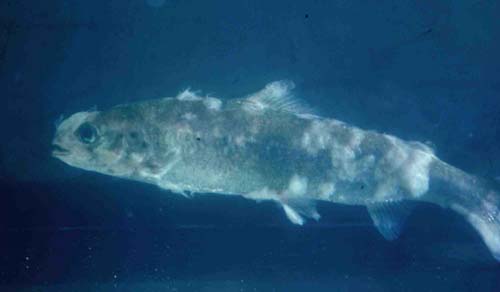Staff Research Awards
| |
|
|
|
Stress, cortisol and
immune function in fish
Responsible
researcher: Associate professor Yngvar A. Olsen
Ph.D. student: Lene Valvik |
|||||
|
|||||
|
|||||
|
Stress associated with transport or crowding in aquaculture results in increased cortisol levels. Depending on the pathogens present in the water, different diseases may occur. Vibriosis is commonly observed after moving salmon to sea water. We still have incomplete knowledge of the effect of stress on the immune system. The innate immune system is the prime candidate for investigation concerning the detrimental effects of cortisol and stress in our research group. |
|||||
 |
 |
 |
|||
|
|||||
|
|
|||||
|
|
|||||
|
|
|||
|
|
University of Agder Faculty of Engineering and Science Functional Ecology Group Servicebox 422, NO-4604, Kristiansand, Norway Phone + 47 38 14 10 70, Fax + 47 38 14 10 71 |
||
|
|
|||

